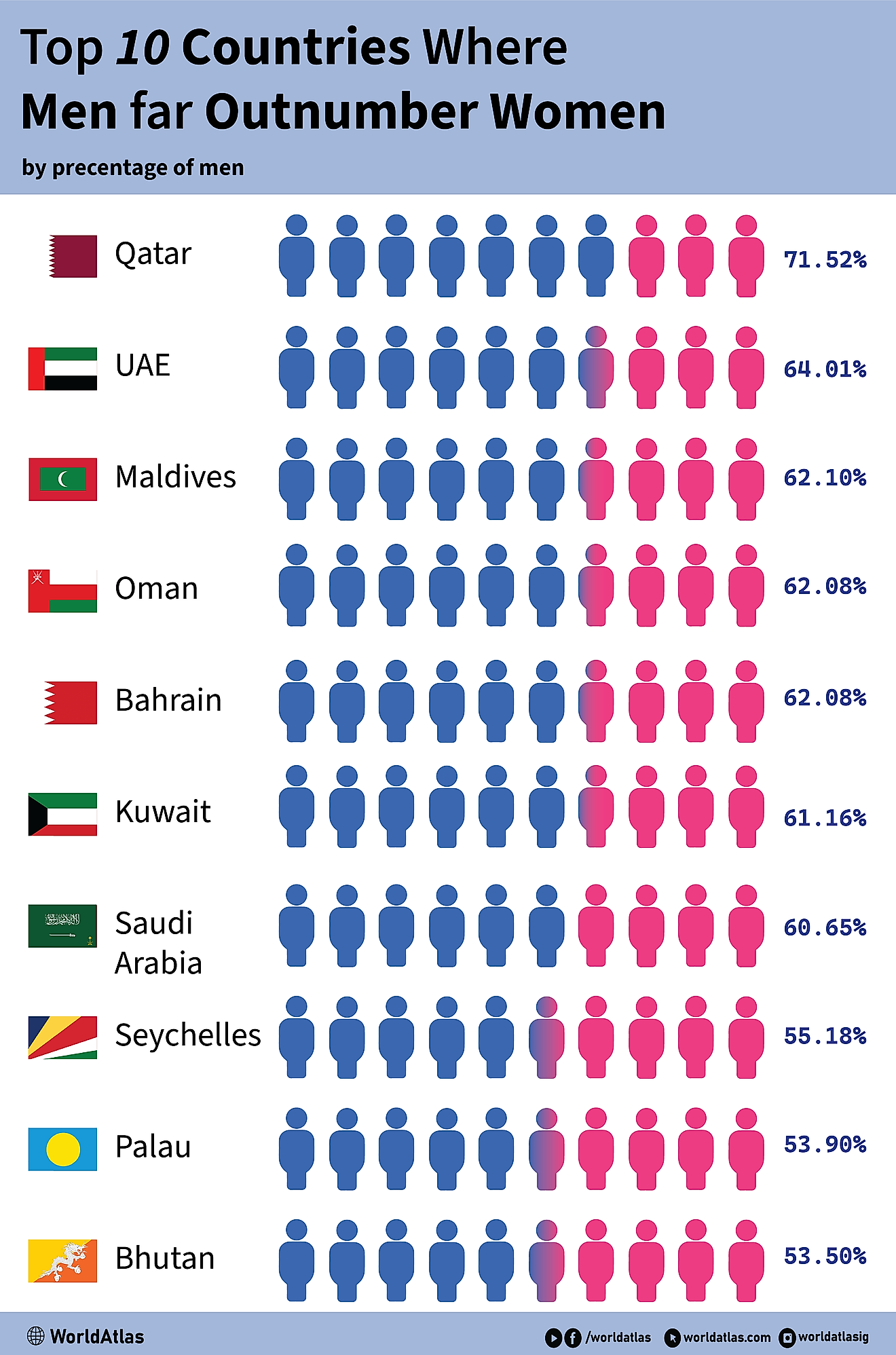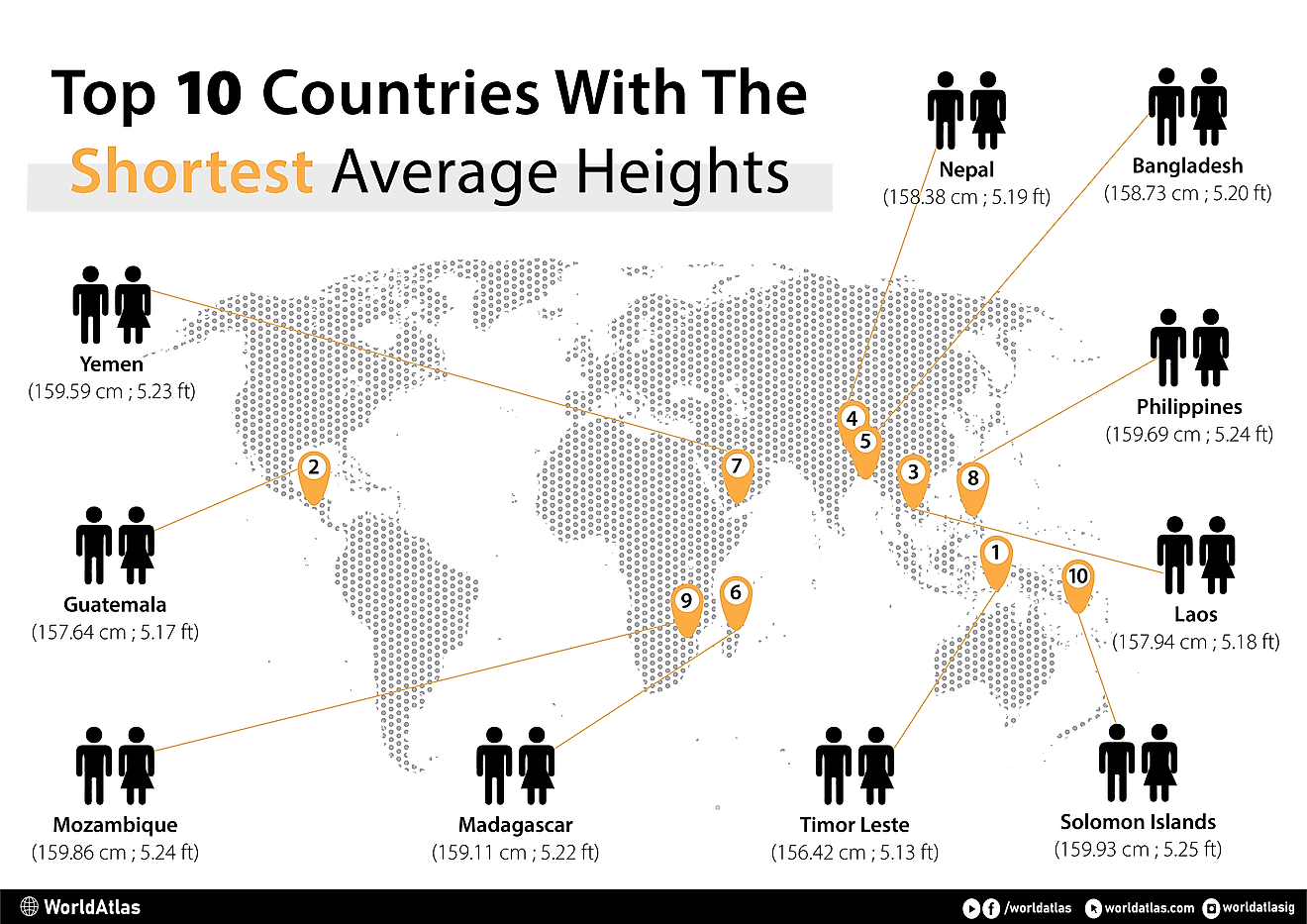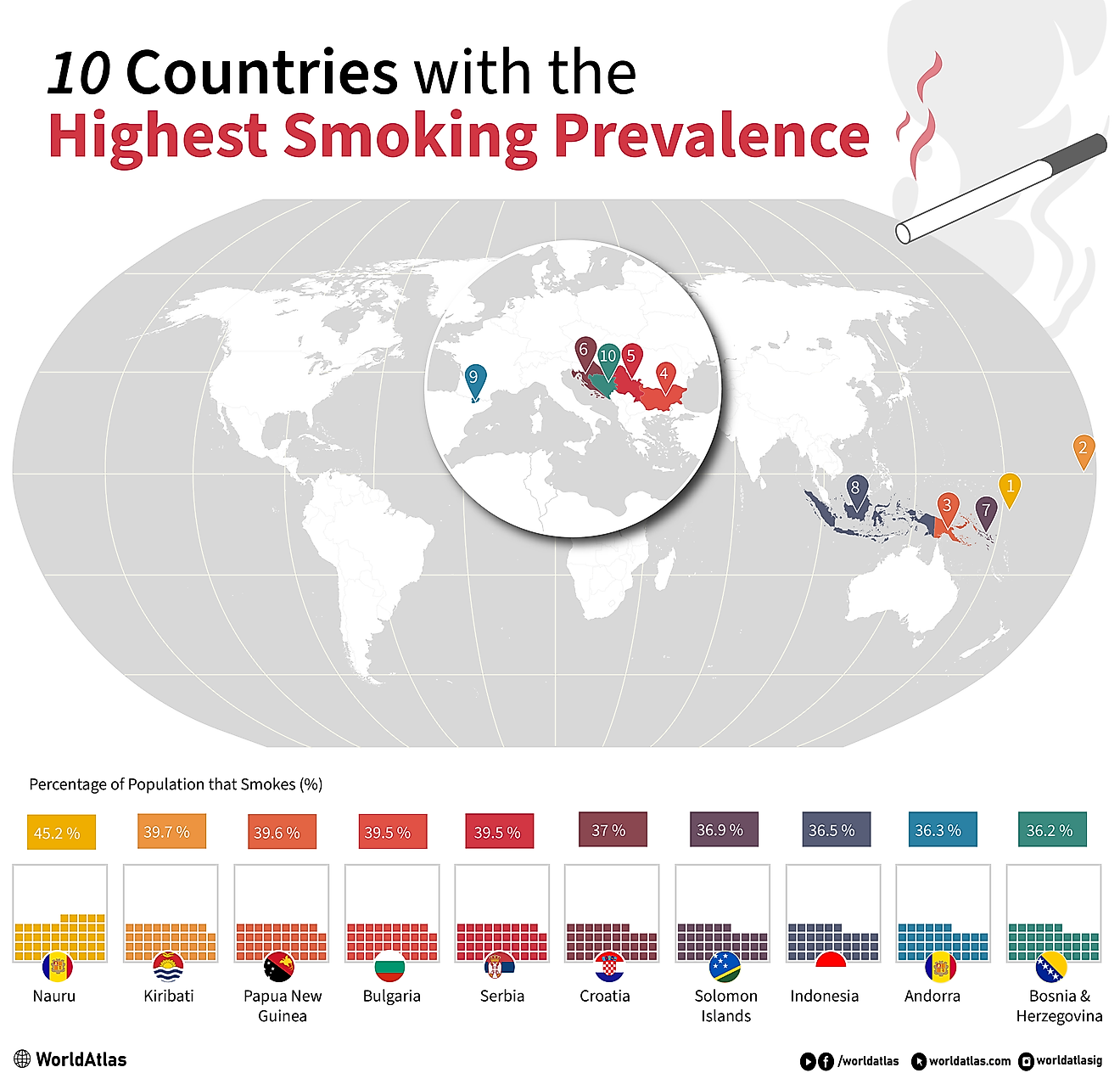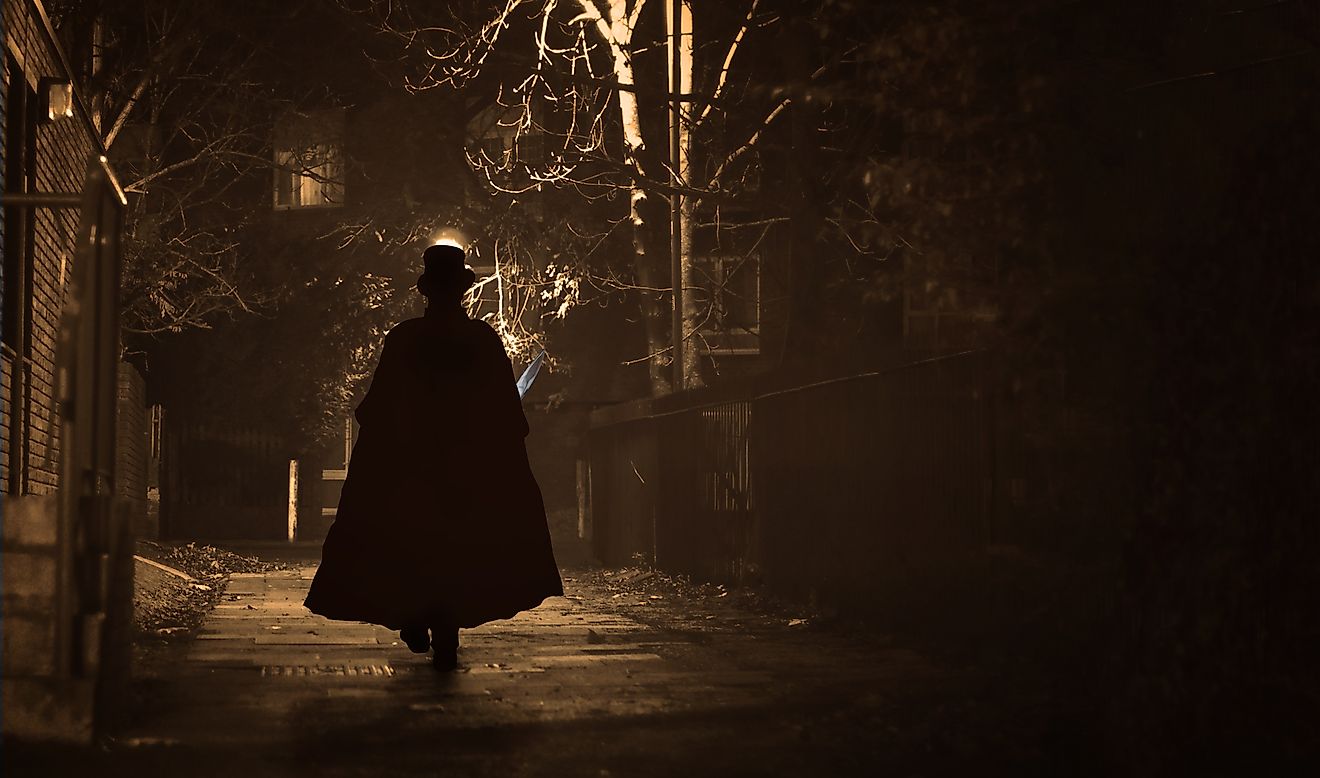What Is A Clan?

A clan is a group of individuals tracing actual or perceived common kingship, and descent. Although the term clan is generally associated with the Scottish Highlands, in a broader anthropological understanding, a clan is any non-corporate group in which genealogical ties are assumed between members.
Clans by Continent or Region
African Great Lakes Region
Based on African Great Lakes region definition, a clan is a social organization unit that has the oldest structure, grouping people who shared a common origin and surname. Most of the clans in this region are confined to individual countries, for example, the Hutu and Tutsi are found in Rwanda and Burundi. However, clan members have scattered over time due to limited space. The term clan found its way to the region through Europeans in the nineteenth century who found similarities with other clans in Europe. The importance attached to clan differs with countries; in Rwanda, a clan is an outstanding structure with subdivisions called sub-clans where societal decisions are reached, while in other countries it is placed among the many small groups that form the larger society.
The Americas
In North America, the Anishinaabe people traced their lineage through patrilineal clans, totems. The Anishinaabe were categorized in groups called Odoodeman (clans) where each Odoodem (singular of Odoodeman) was represented by a particular animal. The clans used to dictate the occupants of traditional positions, inter-tribal relationships, and marriages. Until today, the clan still play a crucial role in the life and identity of the Anishinaabe.
Central Asia
Clans are seen as political groups that drive their agendas through tribal and regional loyalties. They often have control over some departments in the government. However, within the government members of the same clans occasionally differ on some issues. For example, in the Uzbekistan’s government, the Samarkand clan hold one of the powerful government ministry, the Ministry of Interior. Before the expansion of Russian, Central Asia dwellers used to identify themselves by the clans.
Europe
Clans in this region, for example, the Irish clan, had traditional kinship categorized into groups with a shared heritage and surname. The clann (clan) used to represent the extended families by introducing the word Mac which means "son of" to pluralize the surnames, for example, MacCarthy family was represented by “Clann Carthaihg.” Also, the clan denoted a subgroup, for example children of the recent ancestors. The Irish people give importance to clans and the stability it brings to the society, and they have maintained its existence for centuries.
Importance of Clans
Society is organized entirely around the clan, and it has been viewed as one big extended family. The members share a common distant ancestor and assist each other during difficult times. The elderly members of the clan are trusted with the responsibility of bringing order to the society. The clan members unite in the face of external threats and combat such threats together. Although the clan culture is gradually disappearing, it still continues to play a dominant role in remote and rural areas in different parts of the world.











